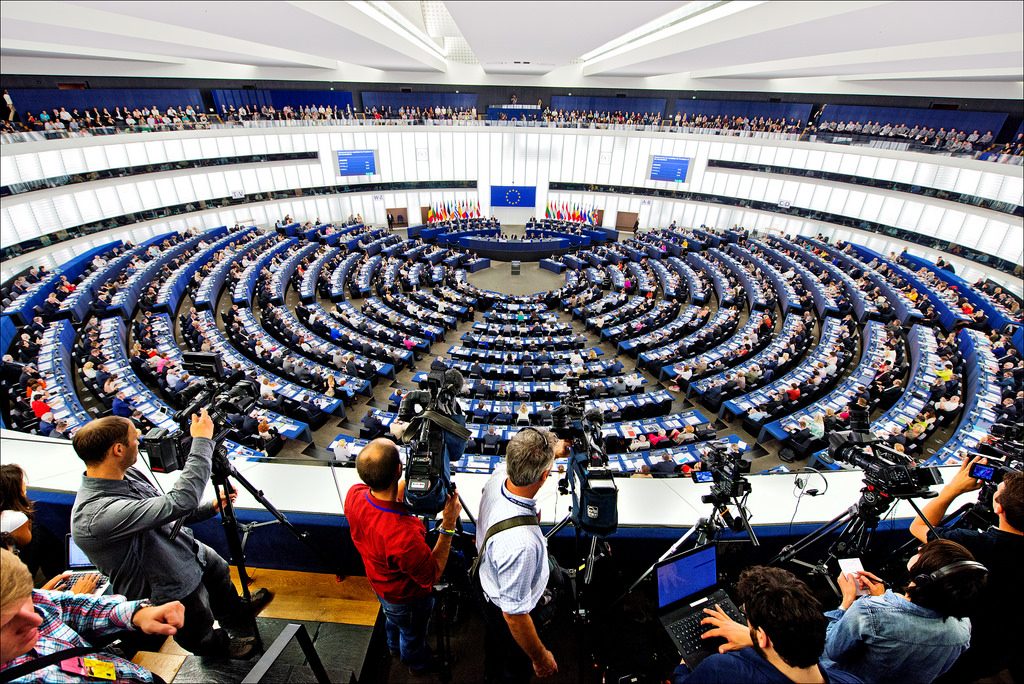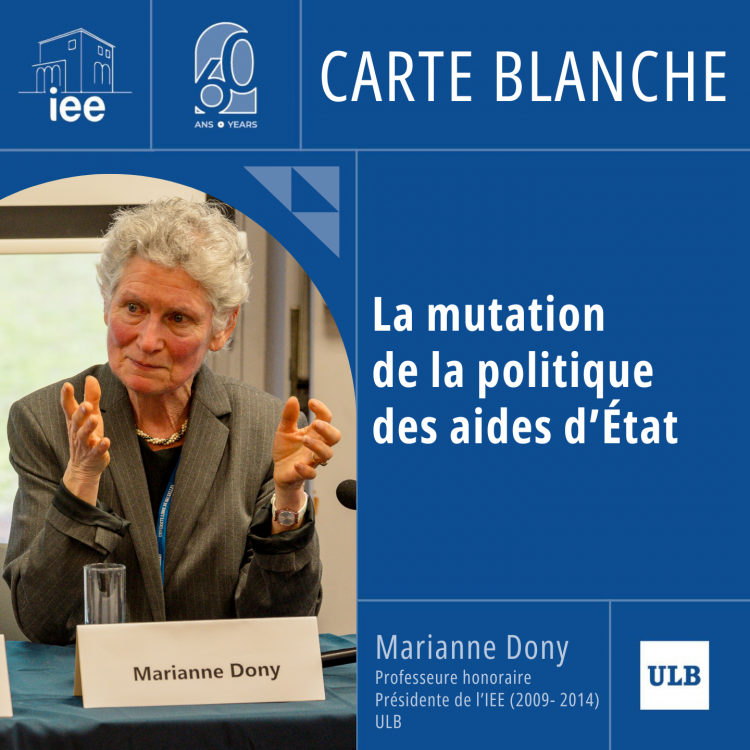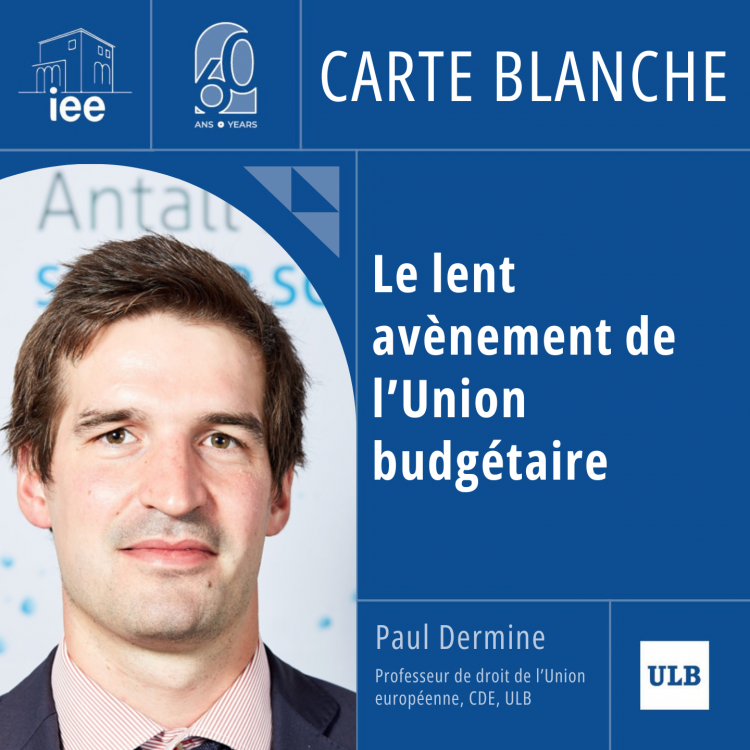
Nathalie Brack (CEVIPOL, Faculté de Philosophie et Sciences sociales, IEE-ULB) and Olivier Costa (Université de Bordeaux).
Since its inception, the European Union has modified in numerous occasions its modes of governance in order to better respond to its challenges. This is particularly the case for the European Parliament, whose rules of procedure has been widely reformed throughout its history.
In collaboration with Olivier Costa (U. Bordeaux), Nathalie Brack (CEVIPOL, Faculté de Philosophie et Sciences sociales, IEE-ULB) has analysed the reforms between 1979 and 2017. Their study shows that the Parliament has chosen to rationalise its activities and favour institutional efficiency, in other words, to reinforce its influence within the European regime. This evolution has been made in detriment of the MEPs’ freedom to act, given that their room for manoeuvre is more and more reduced.
The study has been published on a special edition of the Journal of Legislative Studies,
*Originally published in ACT’ULB




